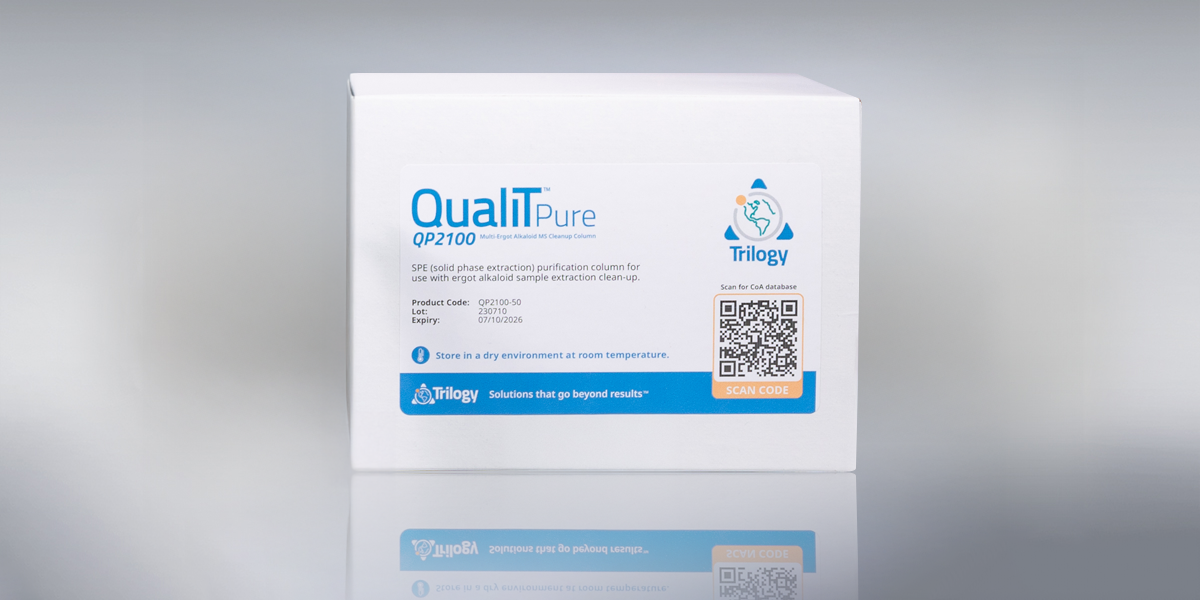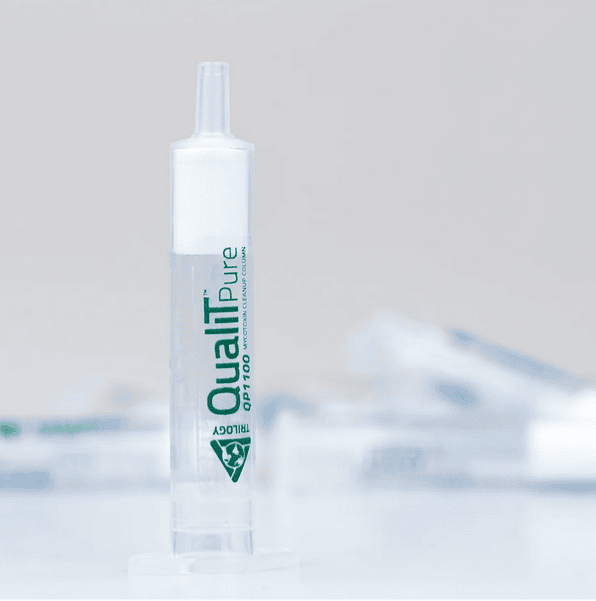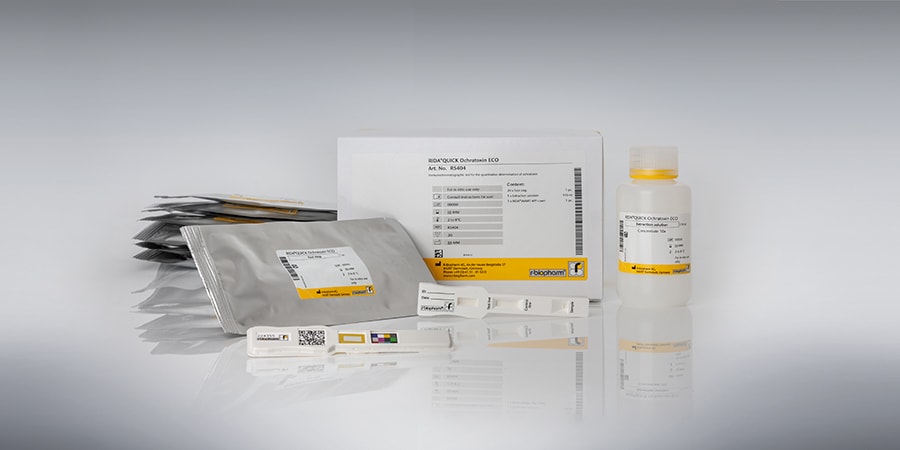
Recent news in Food & Feed Analysis
- Home
- /
- High levels of ochratoxin...
High levels of ochratoxin A found in dried figs

Lately, there has been an increase in the presence of ochratoxin A in dried figs. Our colleagues from R-Biopharm Rhône have summarized the most important information for you.
Although problems with a high incidence and high levels of aflatoxins have been experienced with dried figs for many years, unlike dried vine fruit, figs have not been generally associated with ochratoxin A contamination. Indeed, EU regulations (1881/2006 & 2010/105) for ochratoxin A cover cereals, coffee, wine, grape juice, dried vine fruit, spices and liquorice, but section 2.2.11 dealing with ‘dried fruit other than dried vine fruit’ has remained empty since 2006, with no specified maximum limit. It is therefore very interesting to see in the first 6 weeks of 2016 there have been three consignments of dried figs from Turkey notified through the Rapid Alert System for Food & Feed (RASFF) to contain ochratoxin A with the highest level being one batch containing 52.6 μg/kg. This is five times higher than the maximum limit for ochratoxin A applied to currants, raisins and sultanas.
Fortunately, ochratoxin A can be easily monitored in dried figs using a validated method employing R-Biopharm Rhône OCHRAPREP® immunoaffinity columns together with LC-fluorescence detection. However, as routine monitoring for aflatoxins is conducted on every consignment of dried figs, it makes sense not to simply monitor aflatoxins alone, but to analyse aflatoxins and ochratoxin A together. A cost-effective and efficient approach is to use R-Biopharm Rhône AFLAOCHRA PREP® immunoaffinity columns for clean-up and a single chromatographic run with fluorescence detection switching wavelengths between the two different mycotoxins. Despite vigorous efforts to reduce the incidence of mycotoxins in dried figs and to remove contaminated figs by screening, the problem has not diminished and routine analysis therefore remains critical to ensure effective consumer protection.



